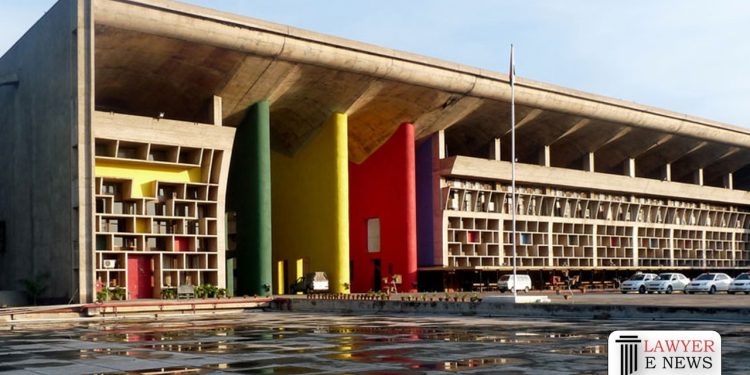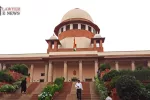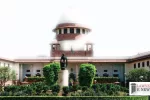Punjab and Haryana High Court Upholds Construction of Community Hall on Disputed Pond, Issues Directions for Proper Functioning

In a recent judgment, the Punjab and Haryana High Court upheld the construction of a community hall over a disputed pond in Village Badial. The court, while issuing specific directions for the proper functioning of the newly constructed pond, dismissed the petitioner’s plea seeking restoration of the pond to its original condition. The judgment, delivered by Mr. Kuldeep Tiwari and Mr. Sureshwar Thakur, JJ., addressed the unique circumstances surrounding the case and emphasized the need for a comprehensive action plan.
The court, quoting from the judgment, stated, “Village ponds are the epicenter of rural life and they also maintain balance in a fragile ecosystem.” The judgment acknowledged that the original pond had been converted into a school building and a community center due to health hazards caused by the accumulation of sullage and dirty water. It was further revealed that an alternate pond had been excavated outside the “abadi deh” with the financial assistance of a Non-Resident Indian (NRI) of the village.
While dismissing the petitioner’s plea, the court issued several directions to ensure the proper functioning of the newly constructed pond. These directions included the transfer of the donated land to the Gram Panchayat, installation and maintenance of treatment facilities, proper disposal of sullage water, identification and removal of sources of pollution, environment restoration, and provision of necessary infrastructure and treatment facilities. The court stressed the importance of preserving the balance of the ecosystem and the welfare of the village inhabitants.
The judgment also referenced the Supreme Court’s directions regarding the regularization of possession on Gram Sabha/Gram Panchayat/Shamlat deh land. It clarified that the construction of the school and community center fell within the exceptions mentioned in the Supreme Court’s guidelines. Therefore, the court did not order their demolition but instead focused on ensuring the proper functioning of the newly constructed pond.
The court ordered the responsible authorities to submit a compliance report within three months, detailing the implementation of the directions issued in the judgment.
The judgment referred to two prior cases, namely Jagpal Singh v. State of Punjab (Civil Appeal No. 1132 of 2011) and Terjinder Kumar v. State of Punjab (CWP-9885-2020), to support its reasoning and conclusion.
Overall, the judgment strikes a balance between the concerns of the petitioner and the welfare of the village inhabitants, emphasizing the importance of maintaining the ecological equilibrium while providing necessary amenities to the community.
Date of Decision: 02.06.2023
Harnek Singh VS State of Punjab and ors.






